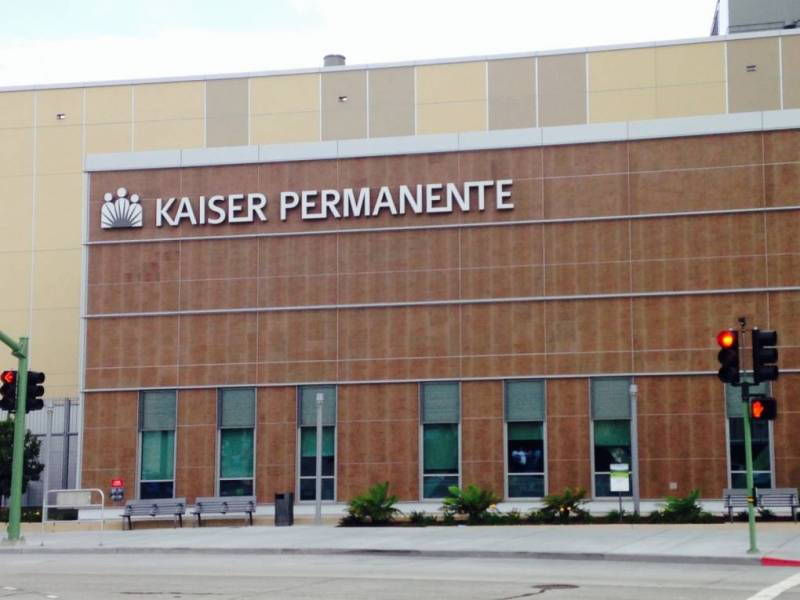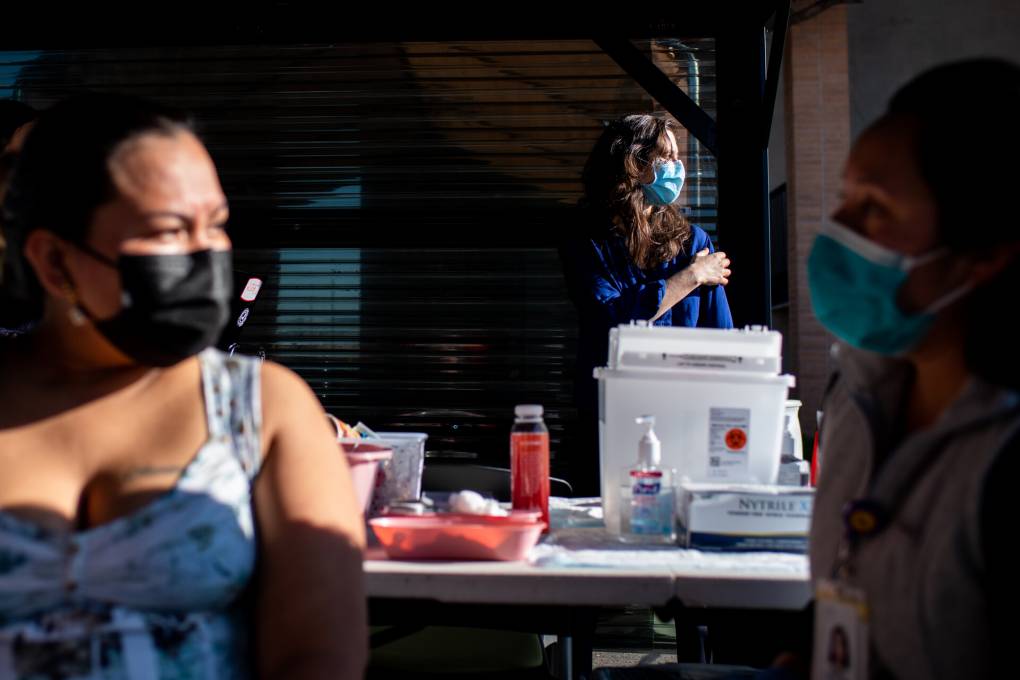The state has long pushed for a larger KP footprint in Medi-Cal, citing its high quality ratings, its strong integrated network, and its huge role on the broader health care landscape.
“Kaiser Permanente historically has not played a very big role in Medi-Cal, and the state has long recognized that we would benefit from having them more engaged because they get better health outcomes and focus on prevention,” said Daniel Zingale, a former Newsom administration official and health insurance regulator who now advises a lobbying firm that has Kaiser Permanente as a client.
But by accepting primarily people who have been KP members in the recent past, the health care system has been able to limit its share of high-need, expensive patients, say rival health plan executives and former state health officials.
The executives fear the deal could saddle them with even more of these patients in the future, including unhoused people and those with mental illnesses — and make it harder to provide adequate care for them. Many of those patients will join Medi-Cal for the first time under the CalAIM initiative, and KP will not be required to accept many of them.
“Awarding a no-bid Medi-Cal contract to a statewide commercial plan with a track record of ‘cherry picking’ members and offering only limited behavioral health and community support benefits not only conflicts with the intent and goals of CalAIM but undermines publicly organized health care,” according to an internal document prepared by the Inland Empire Health Plan.
The plan said it stands to lose the roughly 144,000 Medi-Cal members it delegates to KP and about $10 million in annual revenue. LA Care, the nation’s largest Medicaid health plan, with 2.4 million enrollees in Los Angeles County, will lose its 244,000 KP members, based on data shared by the plan.
The state had been scheduled on Wednesday to release final details and instructions for the commercial plans that are submitting bids for new contracts starting in 2024. But it delayed the release a week to make the KP deal public beforehand.
Baass said the state agreed to exempt KP from the bidding process because the standardized contract expected to result from it would have required the insurer to accept all enrollees, which Kaiser Permanente does not have the capacity to do.
“It’s not surprising to me that the state will go to extraordinary means to make sure that Kaiser is in the mix, given it has been in the vanguard of our health care delivery system,” Zingale said.
Having a direct statewide Medi-Cal contract will greatly reduce the administrative workload for KP, which will now deal with only one agency on reporting and oversight, rather than the 12 public plans it currently subcontracts with.
And the new contract will give it an even closer relationship with Newsom and state health officials.
In 2020, KP gave $25 million to one of Newsom’s key initiatives, a state homelessness fund to move people off the streets and into hotel rooms, according to a KHN analysis of charitable payments filed with the California Fair Political Practices Commission. The same year, it donated $9.75 million to a state COVID relief fund.
In summer 2020, when local and state public health departments struggled to contain COVID spread, the health care giant pledged $63 million in grant funding to help contract-tracing efforts.
KP’s influence extends beyond its massive charitable giving. Its CEO, Greg Adams, landed an appointment on the governor’s economic recovery task force early in the pandemic, and Newsom has showcased KP hospitals at vaccine media events throughout the state.


